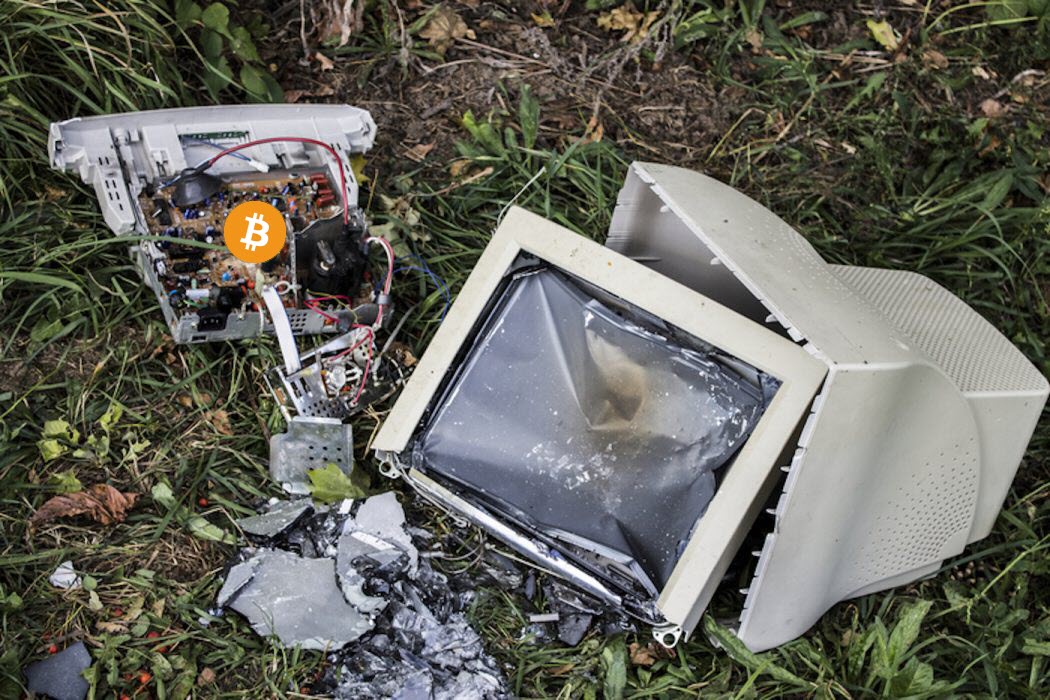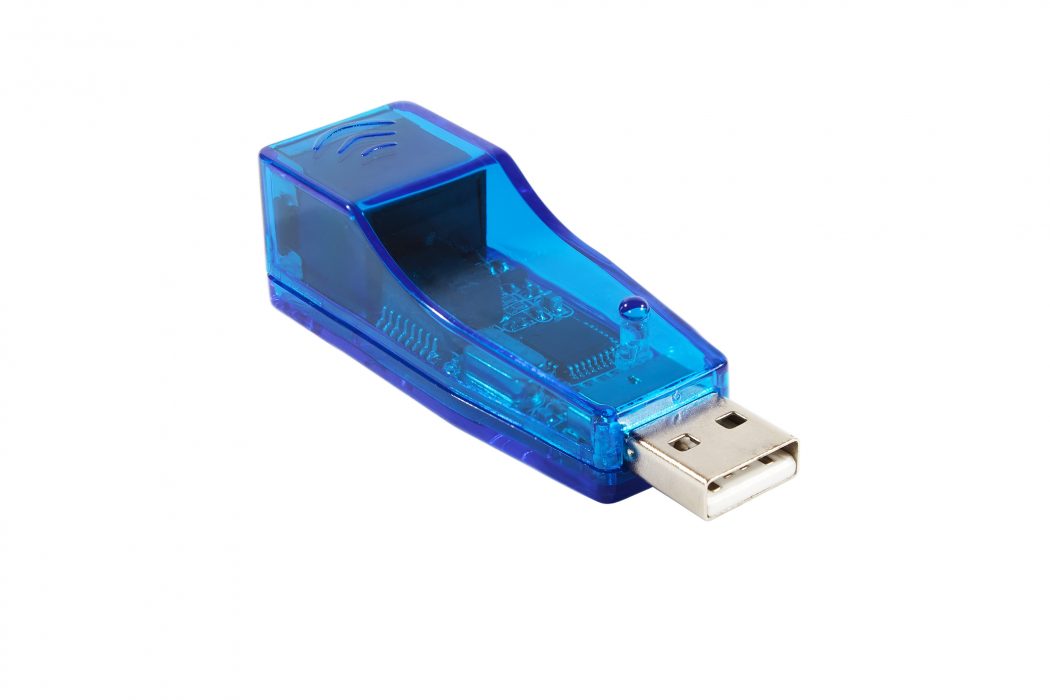Of the approximately 18.5 million Bitcoins currently held (and of a total 21 million that will ever be created), it’s estimated that as many as 4 million have either been lost or stolen.
According to cryptocurrency data firm Chainalysis, 20 per cent of all Bitcoin accounts are owned by people who can’t access them.
Hard Drives, Hard Luck Stories
Stories are legion of lost Bitcoin, all of them sad though some not bereft of humour:

- British IT worker James Howells lost US$127 million in Bitcoin (BTC) when a forgotten hard drive containing a wallet with 7,500 BTC wound up in council landfill in 2013. Howells had spilt lemonade on his laptop and dismantled it, putting the hard drive in a drawer and later throwing it out after a clean-up. Those 7,500 BTC would be worth a cool $375 million today, if he could only convince council to dig up the landfill site to find the missing hard drive.
- Earlier this year, a lost password locked San Francisco software developer Stefan Thomas out of his Bitcoin stash worth $US220 million. The secure hard drive, on which 7,002 BTC were stored, was an IronKey device that gives owners 10 chances to guess their password before encrypting the contents. Thomas only had two attempts left to guess correctly before the lockout occurred. His stash is worth about $350 million today.
- When Gerald Cotten, CEO of Canadian crypto exchange QuadrigaCX.com, died unexpectedly aged 30 in 2018, he was the only person who knew the private keys used to access Quadriga’s crypto. An investigation by Ernest & Young identified six cold wallet addresses used by Quadriga to store Bitcoin. One of those wallets was since subject to an inadvertent transfer of Bitcoin. What happened to US$150 million in Quadriga crypto remains unresolved.
A Cautionary Tale From Closer To Home
Melbourne games developer Alex could have been a millionaire. In late 2009, when Bitcoin was still in its infancy and a single PC could “mine” a few coins in a day, the self-described technology enthusiast “got into it just for fun”. As it progressed, the Bitcoin program Alex was using grew to several gigabytes in size. “It kept on ballooning so eventually I deleted it [and] backed up the encrypted wallet file to keep on my USB stick.” That wallet contained the unique cryptographic keys for thousands of Bitcoins Alex had mined.
The thinking was that it’s offline, not on my PC, so in case something bad happened to the PC – [if] it blew up, or [was] hacked – I still had a backup.
‘Alex’, former Bitcoin miner
In late 2013, when the Bitcoin price peaked at just under $US980, Alex suddenly remembered his wallet. “[I plugged] the USB stick back in to access the file, but it died. It was one of those cheap made-in-China ones,” he said. His losses? Immeasurable. By the way, Alex is not his real name “because if my wife knows, I’m dead”.

Alex says now that if he “had the spare cash” he would consider getting back into Bitcoin, which he believes is a “fantastic gold substitute for long-term storage of wealth” that has many other useful applications.
Earlier this year, he mined “a lot” of Ethereum, the now second-most valuable cryptocurrency, which has similarly soared in value. “One day, maybe Ethereum might restore what I lost with Bitcoin.”
On average, 1,500 Bitcoins are lost every day. Again, those losses are permanent. As Bitcoin.com support has warned potential buyers, “All Bitcoin transactions are irreversible, so there is no way to reverse a transaction that has already been sent.”
Disclaimer:
The content and views expressed in the articles are those of the original authors own and are not necessarily the views of Crypto News. We do actively check all our content for accuracy to help protect our readers. This article content and links to external third-parties is included for information and entertainment purposes. It is not financial advice. Please do your own research before participating.
Credit: Source link






















